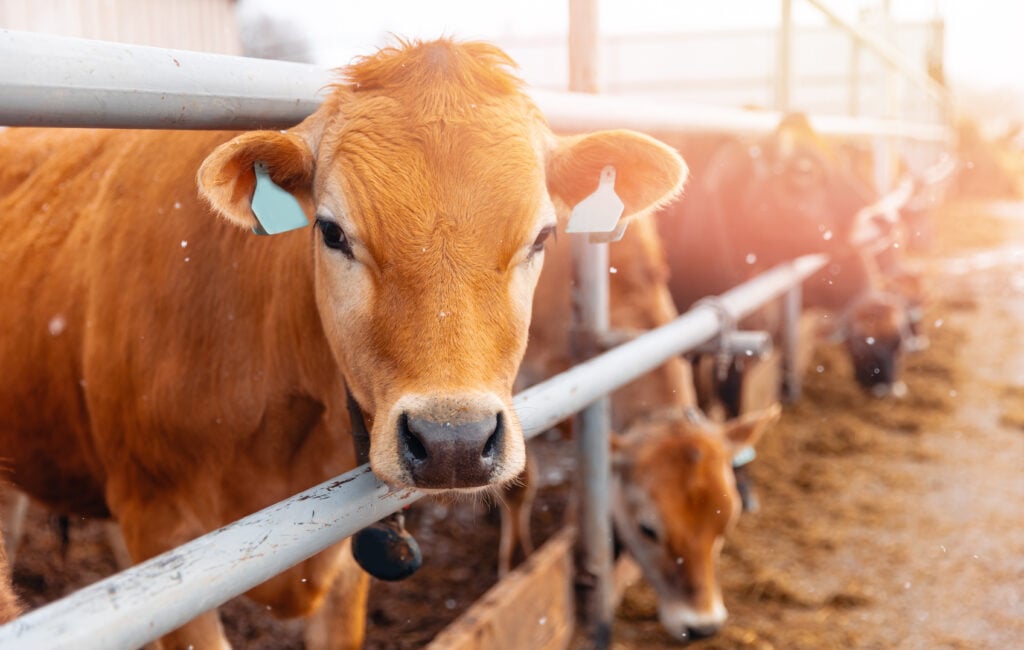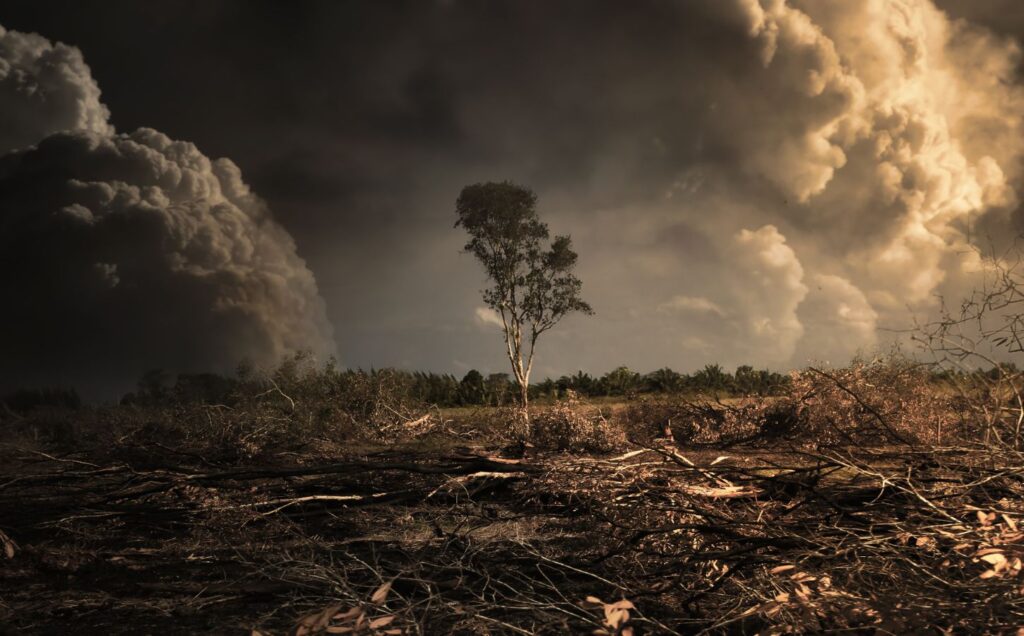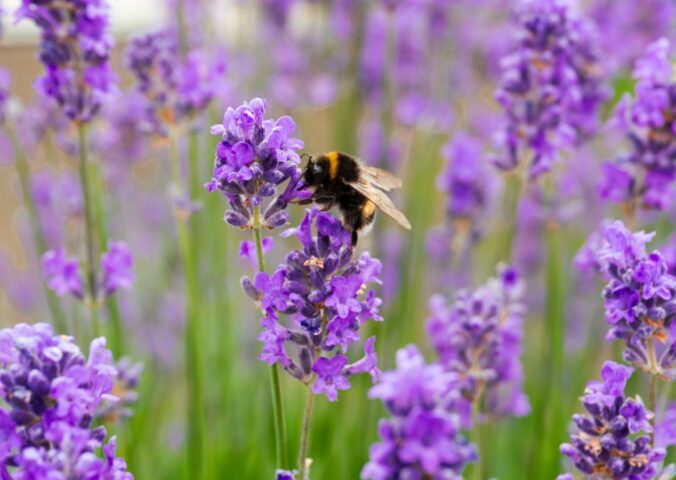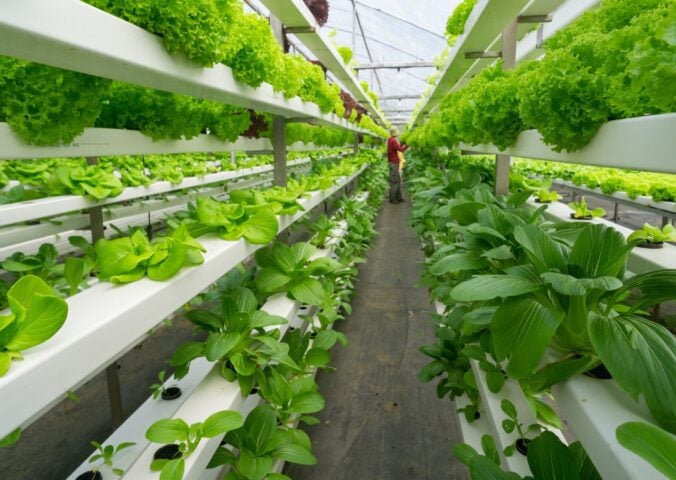Compassion in World Farming chief executive Philip Lymbery has released a new book that highlights the impending doom facing humanity as a result of unsustainable Big Agriculture.
Sixty Harvests Left paints a bleak picture of where we are heading if factory farming is allowed to continue. It piggybacks onto the United Nations’ warning that all of the world’s viable soils could disappear within one lifetime.
Compassion in World Farming is a global farm animal welfare organization. As its leader, Lymbery is uniquely positioned to combine experience with scientific research to call for a food system overhaul.
While the focus of Sixty Harvests Left is inherently concerning, Lymbery offers hope. He suggests ways to prevent food production from condemning the natural world to an avoidable demise.
“At the heart of sustainable change lies a recognition that all life on our planet is interconnected, and that our future depends on treating it with compassion and respect. In so doing, we can protect the world’s wildlife and soils as if our life depends on it – because it does,” Lymbery said.

Sixty Harvests Left: putting factory farming on blast
Industrialized farming is undeniably the villain of the piece. Therefore, Lymbery cites hard-hitting statistics that underscore the impact of animal rearing on the climate and our planet’s resources.
He starts by issuing a reminder that 37 percent of all global greenhouse gas emissions are generated by food production. From here, he implicates meat as an ineffective sector that is as wasteful as it is dangerous.
“Back on the factory farm, the presence of so many animals in close proximity creates a melting pot for disease, providing Big Ag with the opportunity to sell antibiotics and other pharmaceuticals to farmers,” Lymbery writes in his “Winter” chapter.
“It is no coincidence that 73 percent of the world’s stock of antibiotics goes to farmed animals, largely to ward off diseases associated with intensive farming. The biggest six drug companies rely on the animal farming sector for $9 billion of sales each year. These enormous numbers show how Big Ag thrives while animals and the countryside suffer, and ordinary farmers go to the wall.”
Lymbery informs readers about the risks of zoonotic diseases (which he calls “pandemics on a plate”) and wild species decline. He then delivers a killer blow, revealing that 36 percent of all edible crops (enough to sustain half the world) are used for animal feed.
Finally, Lymbery suggests an alternative to food production as we know it.

Restoration and regeneration
The final chapter of Sixty Harvests Left showcases why a move away from animal products is essential for survival. Alongside, Lymbery spotlights the work of those looking to restore a natural balance to food production.
He states that moving away from industrial to regenerative farming techniques would not be a regression. Instead, he calls it progress which will prevent catastrophic breakdown in sixty harvests’ time.
Rewilding is called for on a massive scale and Lymbery also supports newer farming methodologies with sustainability at their core. These include vertical farming developments and the production of climate-friendly plant proteins to feed the ever-growing global population.
What could have been a depressing overview of the damage already done to the planet somehow retains an optimistic vibe. Moreover, it offers practical advice. Lymbery has not lost hope and nor have his supporters.
“In this beautifully written book Philip Lymbery describes how intensive agriculture harms the environment and inflicts suffering on sentient animals,” environmental campaigner Dr. Jane Goodall said in a statement. “But after visiting with and talking to those on the front line – scientists, farmers and food providers, he is able to show that there are sustainable alternatives. And that they are working. There is indeed hope for the future of our planet, and each one of us can play a part.”
Sixty Harvests Left is available to buy in hardback and paperback now. Click here to buy.
—
If you purchase something through a link on our site, Plant Based News may earn a commission, which helps us to provide our free services to millions of people each week.






